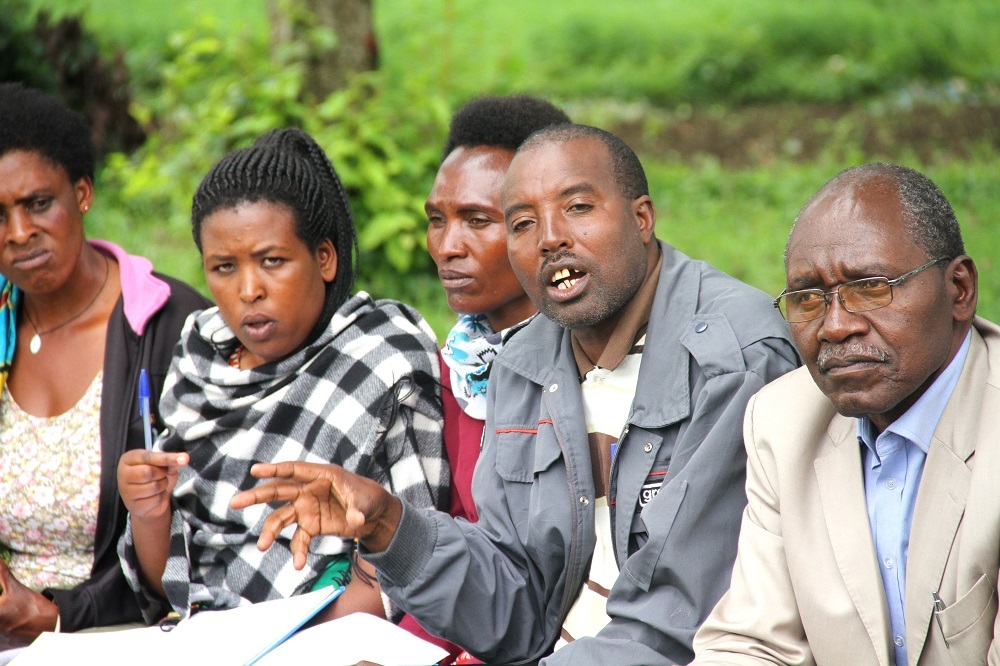The Role of Civil Society in Enhancing Citizen Participation in Governance and Development Processes in Post-Genocide Rwanda
Citizen participation in decision-making processes is an important component of a vibrant democracy. When citizens participate in the development process of their nation, they not only benefit from it but also own the challenges of that process and are able to make recommendations around best practices for the future.
In 2016, Never Again Rwanda (NAR) and Interpeace conducted participatory action research (PAR) and produced a subsequent report entitled Governing with and for Citizens: Lessons from a Post-Genocide Rwanda. This study suggested that civil society organisations (CSOs) are “largely involved in direct service delivery…and seem to pay less attention to collecting citizens’ concerns and priorities for advocacy” (NAR and Interpeace, 2016, p.36). Participants of a National Stakeholders’ Meeting reviewed and validated the findings of this study and recommended follow-up research to examine the effectiveness of CSOs in enhancing citizen participation in the governance and development processes of Rwanda.
The recommended research, conducted by NAR and Interpeace, has been undertaken since 2017. Entitled The Role of Civil Society in Enhancing Citizen Participation in Governance and Development Processes in Post-Genocide Rwanda this report is the outcome of the research.

